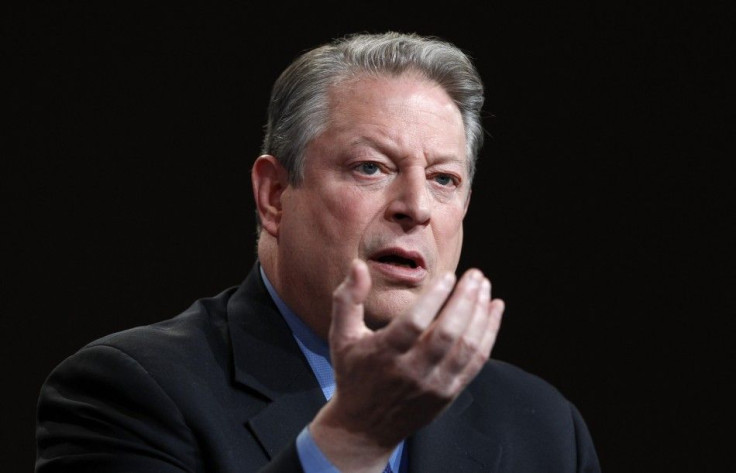Donald Trump Election May Renew Push To End Electoral College, Elect Presidents By Popular Vote

On Election Day in 2012, Donald Trump called the Electoral College “a disaster for democracy.” Four years later, Trump will rely on the same Electoral College to vault him into the White House, even though he lost the national popular vote.
Trump’s election will no doubt intensify the debate about the fairness of the Electoral College system — and could accelerate an ongoing effort to eliminate it. Sixteen years after Al Gore won the popular vote and lost the Electoral College, the initiative is already more than halfway toward its goal. It requires only state action, even though the Electoral College is written into the core text of the U.S. Constitution.
The group at the center of the state effort is called National Popular Vote. In recent years, it has championed a legislative compact whereby states pledge to devote their electors to the winner of the national popular vote, regardless of which presidential candidate voters in the particular state end up supporting. To prevent any one state from unilaterally withdrawing from the existing Electoral College system, the compact goes into effect only when states comprising a majority of Electoral College votes sign onto the agreement.
Signing onto the compact requires state lawmakers to pass legislation, and already ten states and the District of Columbia have done just that. Together, they represent 165 electoral votes -- 105 short of the 270 needed for a candidate to win a presidential election, and for the compact to go into effect. To date, only traditionally Democratic states have signed on.
The Electoral College was originally designed to create a buffer between the popular vote and the presidency, in order to prevent voters’ momentary passions from having too much power. Typically, reforming processes like the Electoral College -- which are in the Constitution -- requires engaging in the arduous process of passing a full constitutional amendment. However, in the case of the Electoral College, the constitution explicitly says states may apportion their electors “in such Manner as the Legislature thereof may direct.”
Maine and Nebraska, for instance, use that power to award some electors to candidates in a way that reflects votes in congressional districts, rather than awarding them on a full statewide winner-take-all basis. States are within their authority to use that power to devote their electors to the popular vote winner, according to National Popular Vote.
The group’s website tracks the progress of the compact legislation in states across the country.
© Copyright IBTimes 2025. All rights reserved.






















